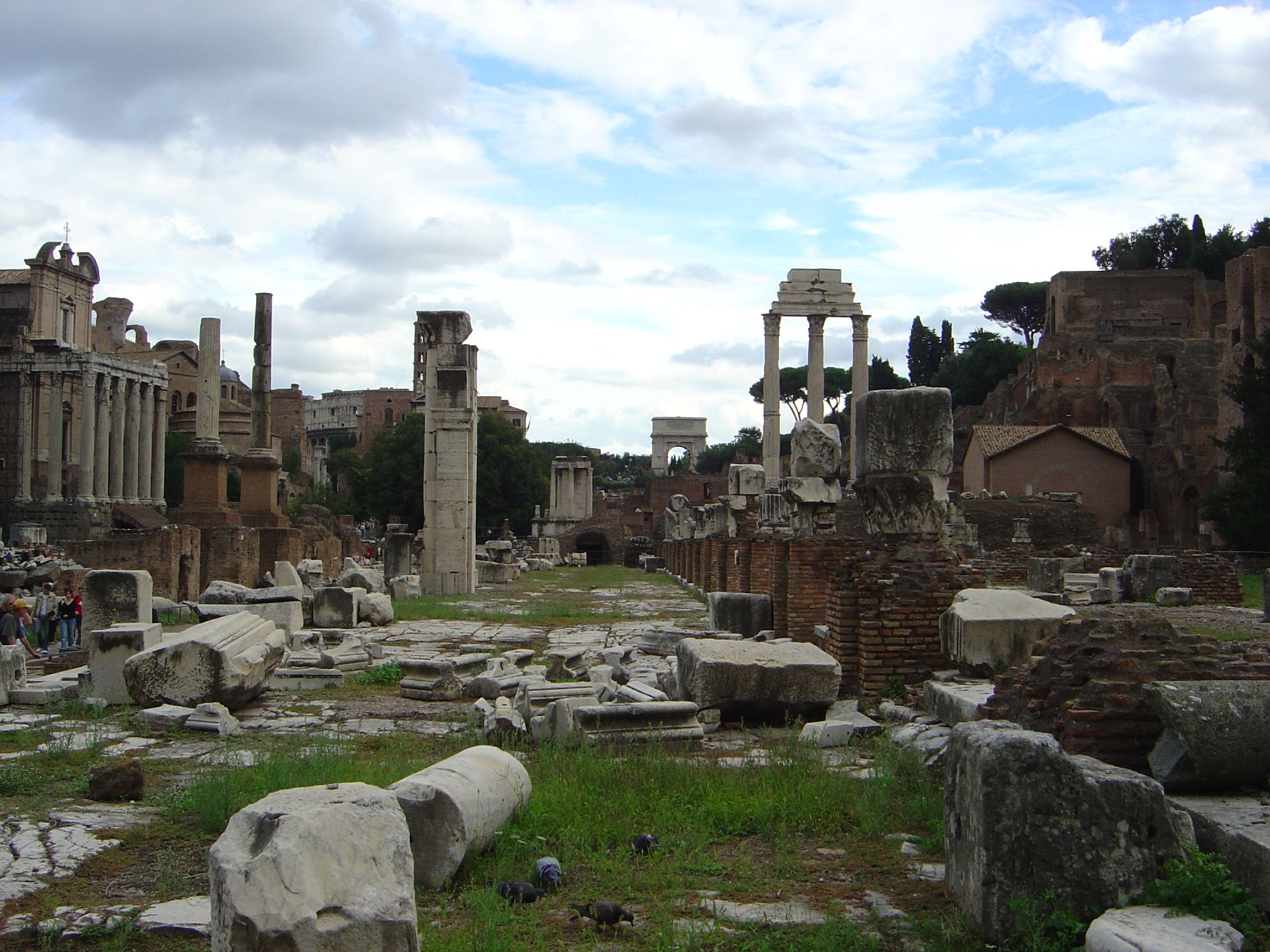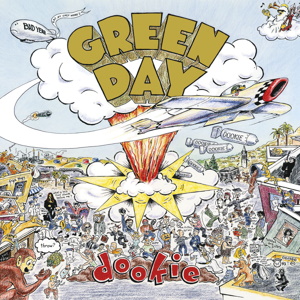What is the ideal experience for a reader of poetry?
I pose this question to myself a fair bit. It seems to me that I would most often prefer to be sitting under a mulberry tree on a calm spring day in the English countryside. Of course, that's hardly something that you an do very often (I don't even know what a mulberry tree looks like, I just know that it's under one that Keats wrote Ode to a Nightingale, which everyone should read).
There isn't any kind of ideal setting really. Who's to say I wouldn't be more enriched by a poem if I read it instead on a bus, in a bar, or waiting in line at Ralph's? For the record, I most often read on public transit. All the distractions have a way of helping me focus (bars are good too, because booze).
So, if I can't dictate the experience of a poem, I can at least exert control over its delivery. All I've done this month has been in text, but there's really no reason why I can't include audio or video. Plenty of it exists. In fact, today is the finals for the National Recitation Contest of Poetry Out Loud.
Poetry Out Loud is designed to help further students' poetry comprehension through memorization and performance (something a lot of poets need to do more of, including me). Can you imagine if this had been a club at your high school? Well, it sounds badass to me.
Of course, the live performance of poetry has its own drawbacks. If the language is difficult, a speedy delivery doesn't allow you to re-read a line for better understanding. Conversely, if you have a program and are reading along, you aren't watching the visual aspect of the performance.
There are a lot of audio recordings of poetry. Some are pretty amazing. Alec Guinness, for example, has an album on Spotify in which he is reading different poems.
You can do a voice-over to a video with some poetry. That's got the potential for some really great moments far beyond your standard, "Look at a painting while I read Wordsworth" bits.
(Actually, that video is pretty good. If the Romantics seem cheesy now, it's only because of how much their style has influenced and been aped, kind of like some Mel Brooks and Francois Truffaut films.)
I suppose the difference is primarily context. When a person is listening, their eyes can wander, they can wander. If you're watching a video, reading, or viewing a performance, you pretty much have to stay put. Your framing of the poem is controlled to an extent. Of course, particularly with text, you can choose where to read it. Video as well if you're using a smartphone or laptop.
So to return to the initial question, what would be the ideal experience? I suppose a lot of writers would say it is up to the reader. The audience has final say and that is what makes each experience unique. Is there a wrong way to experience a poem? What if I were reading Holocaust poetry in my undies while eating a tub of ice cream and listening to a Cubs game?
I've never been very comfortable with the idea that the poet has to just write stuff down and fling it out in the world. This leads me to wonder how I might control the audience experience.
Which brings this post to a close. If you're wondering about what my answer to this question really is, I'll let you know once my next project is finished. In the meantime, I'm going to try and continue doing a couple posts each week on poetry and such. Hopefully, this is only the beginning.
"Caminante, no hay camino
Se hace camino al andar.
-Antonio Machado






_-_1883_-_Engraving.jpg)





